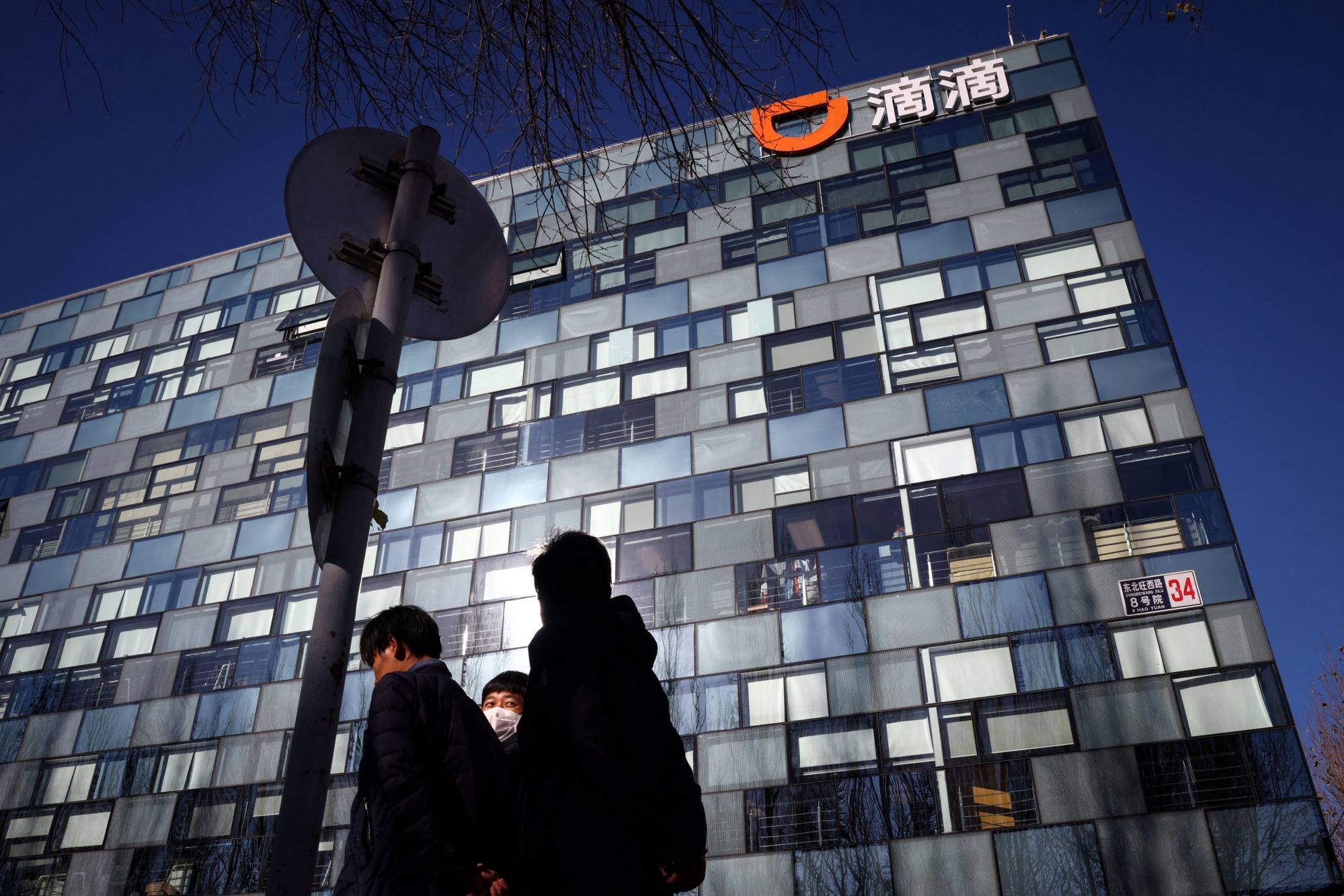
China ride-hailing giant Didi to start trading on OTC market after NYSE delisting, ending an 11-month fiasco that angered Beijing
- On the over-the-counter market, Didi’s trading symbol will change from ‘DIDI’ to ‘DIDIY’ effective at the opening of trading on June 13
- Delisting from the New York Stock Exchange is expected to help complete Didi’s rectification process, so that it can resume normal operations
That move was announced on Friday in the US by Chicago-based Options Clearing Corp, the world’s largest equity derivatives clearing house, which said the Chinese firm’s trading symbol will change from “DIDI” to “DIDIY” effective at the opening of business on June 13.
Didi was described on Futu, a popular brokerage service in Hong Kong, as officially delisted on Saturday. It capped an 11-month fiasco that wiped out US$57 billion in Didi’s value, which turned the company into a cautionary tale for investors in Chinese tech stocks.

Didi’s shares on the NYSE on Friday closed US$2.29, an 84 per cent drop from the IPO price of US$14 in June last year.
The delisting “may negatively affect the price of and liquidity in [the company’s] securities”, Didi said in its filing in May to the US Securities and Exchange Commission (SEC).
On the OTC market, stock trades are made directly via a dealer network, without the supervision of a central exchange like the NYSE or Nasdaq Stock Market.
While the shift to the OTC market typically means smaller liquidity and less active trading, there have been cases in which a significant gain in stock price was recorded.
Didi shareholders face long odds to avoid losses ahead of vote to delist from New York
Whatever the market’s response will be, Didi could now be on the cusp of being removed from Chinese regulators’ hot seat, which would give it room to manoeuvre and rebuild its operations in the world’s largest ride-hailing market.
There are also signs that Beijing is moving to put the Didi saga behind it, enabling the resumption of Chinese tech firms’ overseas listing plans. The China Securities Regulatory Commission said in April that Didi’s delisting was a separate case and will not affect other US-listed Chinese tech firms listed in the US. It also pledged to support qualified companies to sell shares at home and abroad.
Didi set to resume app downloads, new user registrations as probe nears end
In the same month, Didi said it would not apply for public listing on any other stock exchange until it completed delisting, while assuring regulators that the firm’s priority is cooperating with the cybersecurity review and completing rectification measures.
The case of Didi has been widely watched because it is the first one involving the cybersecurity investigation of a US-listed Chinese firm. That resulted in China tightening its screening of overseas IPOs, requiring any firm that handles data of at least one million Chinese customers to undergo a cybersecurity review before it can go public.

